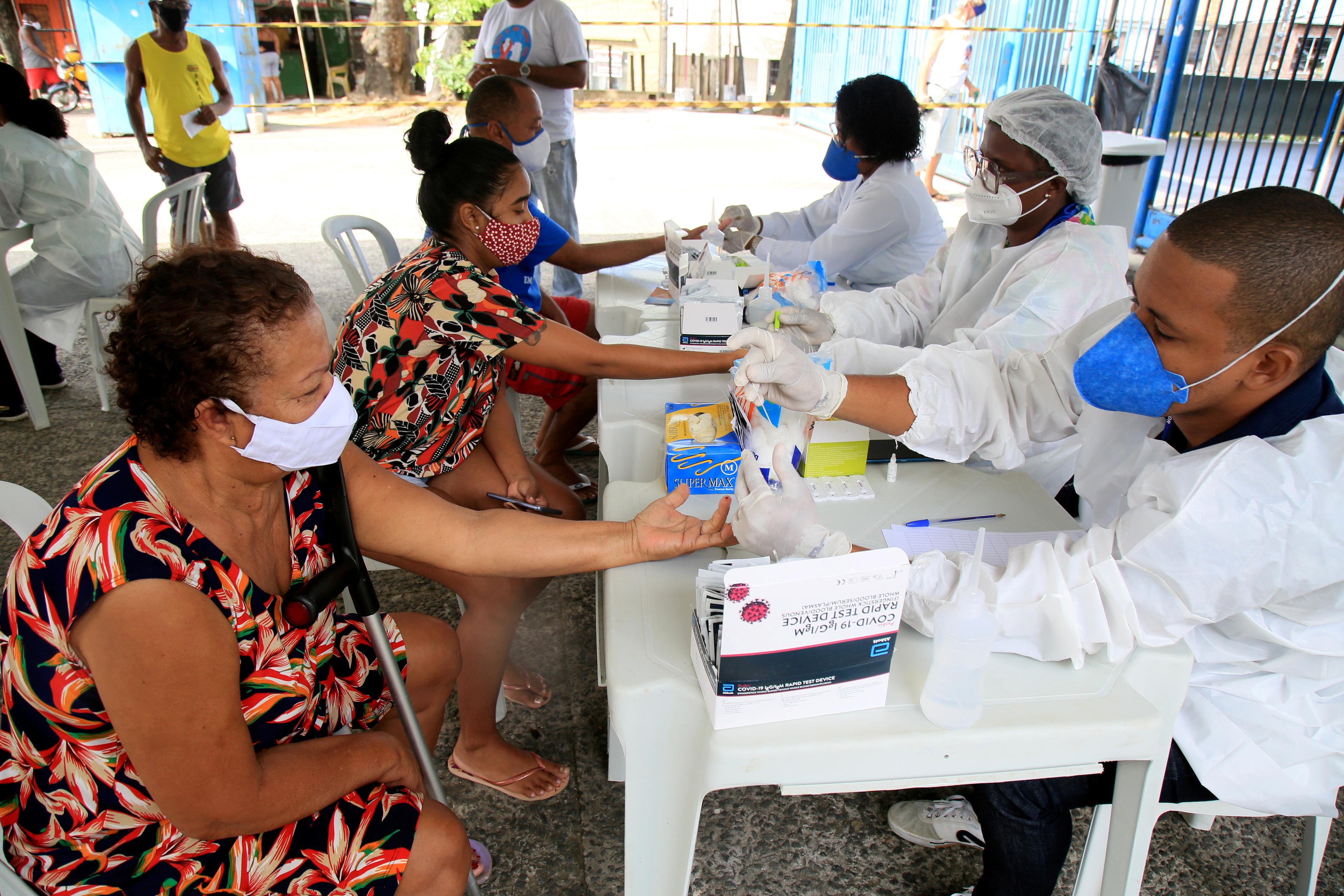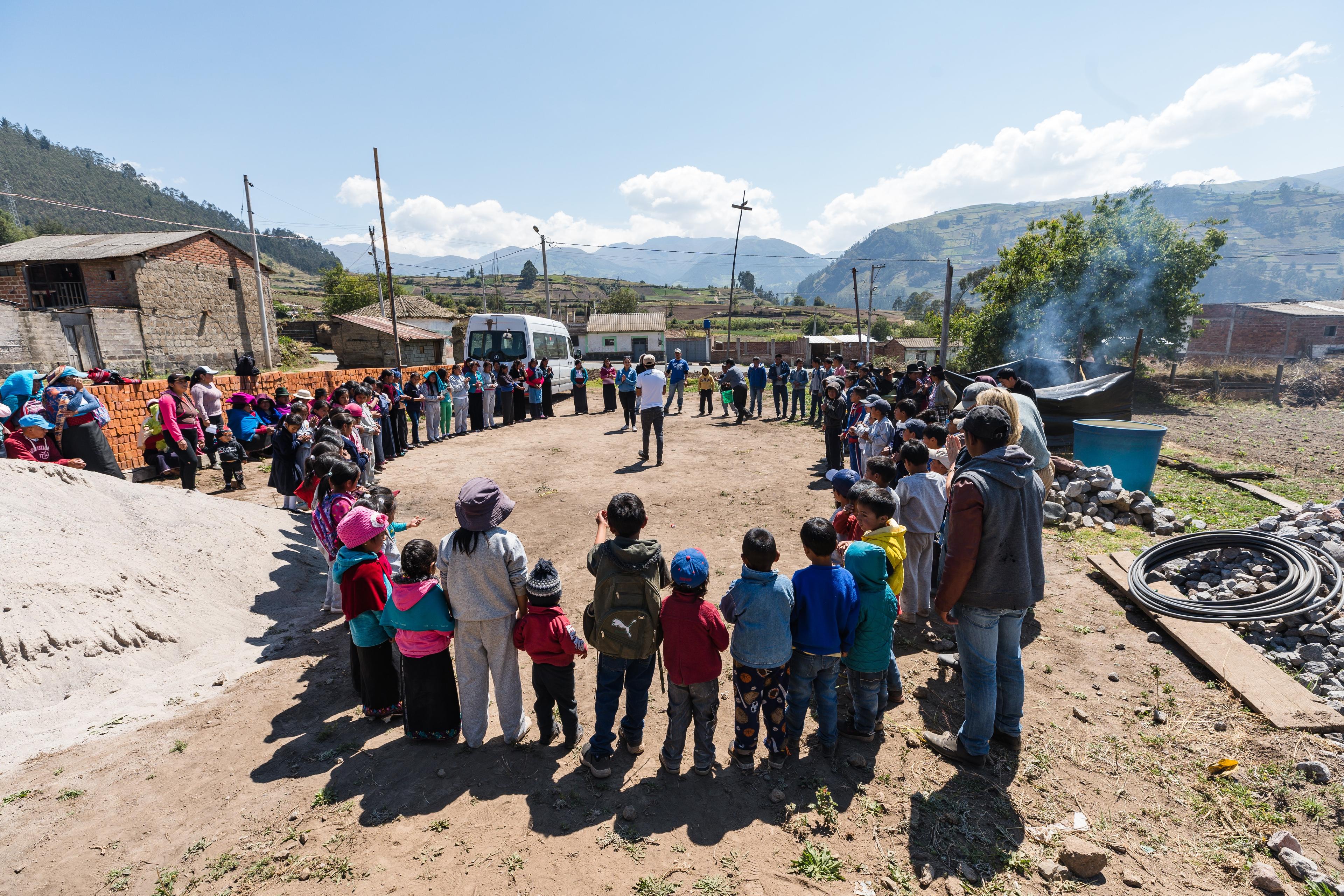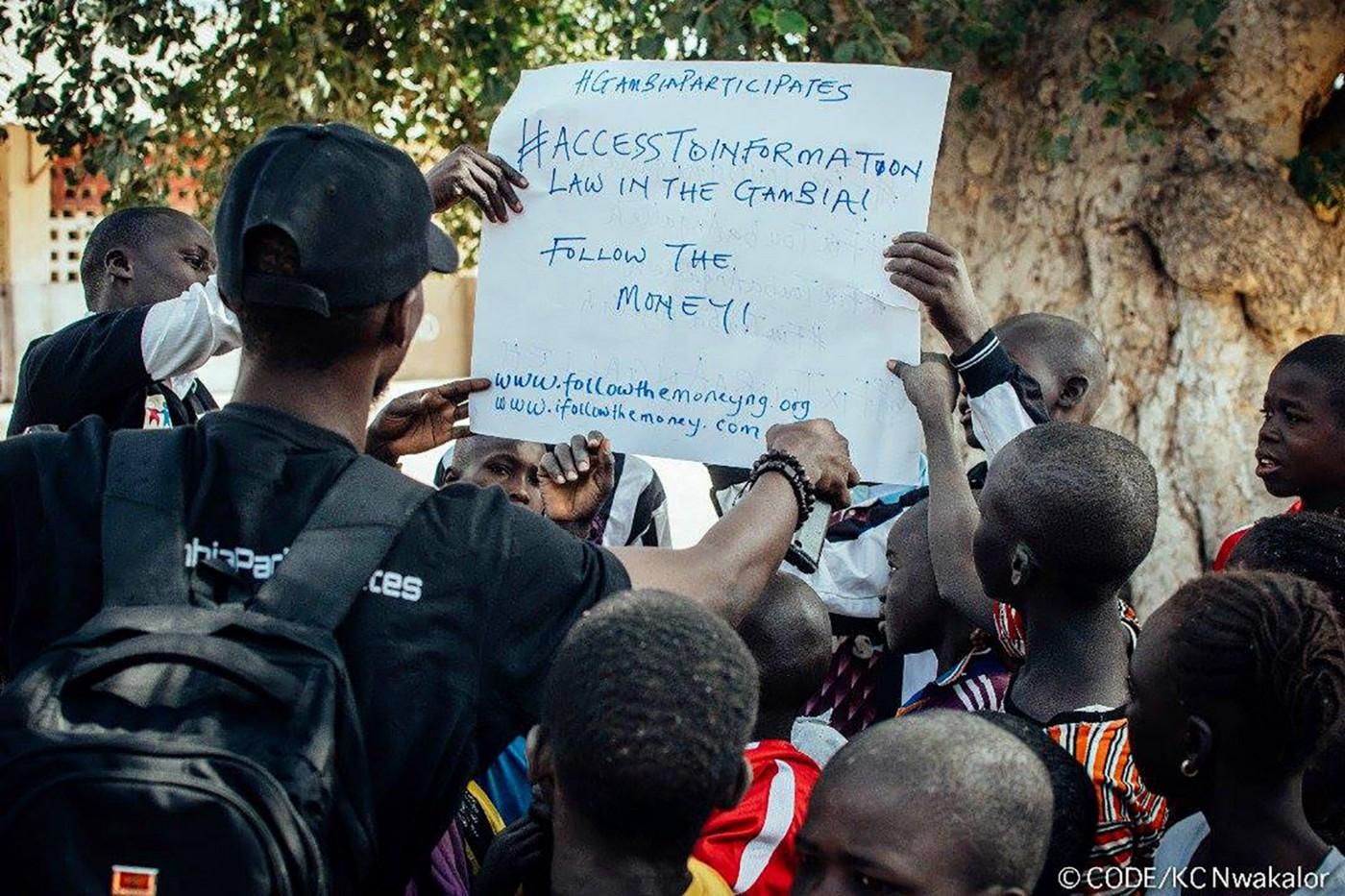In light of the Covid-19 pandemic, awareness of the importance of good health sector governance and the need to safeguard cost-efficient and quality health services has never been greater. The inclusion of citizens and civil society organisations (CSOs) in health sector governance and anti-corruption activities can contribute positively to public service delivery.
This Practice Insight considers the work of the Partnership for Transparency Fund (PTF), a unique anti-corruption organisation that, through a volunteer network of over 100 international development experts, supports citizen-led approaches to improve governance, increase transparency, and reduce corruption in developing and emerging countries. It draws on PTF’s experiences between 2006 to 2020 in 15 projects implemented across seven countries, by considering project documentation and the first-hand insights of PTF experts and in-country partners.
Four critical areas of learning have been distilled from this exercise that can be used to inform approaches for effective CSO engagement in the health sector, as well as for other public sectors.
First is identifying the right implementing partner that is trustworthy, has the qualifications needed to carry out activities, is committed to project objectives, is well established and has a credible reputation within the target community, and has access to critical authorities and relevant networks. PTF, through its network of international experts, manages to consistently select partners that are able to meet these criteria and with which there is a historical relationship of proven success. This is considered one of PTF’s greatest strengths, and it is through our support that partner CSOs have been enabled to confront corruption affecting their communities.
Second, engaging the right community members in governance and anti-corruption activities is critical. This requires selecting issues that communities are interested in, affected by, and empowered to address in a way that is coherent with the socio-political environment. In order to best guarantee community member engagement, we design our projects jointly with communities and with an understanding of the contextual factors.
Third, constructively collaborating with those in positions of authority, like elected officials, health sector staff, and others that are able to champion the issue(s) relevant to the project and its activities, can offer needed support and legitimacy. We have found that it is important to work with key authorities at multiple levels, to find common ground, and to secure local buy-in from the beginning of a project. Because local authorities can change swiftly, it is good practice to cultivate multiple champions, and maintain both constant vigilance and flexibility to adapt in response to such change during the project cycle.
Fourth, successful project design and implementation should best use a strategic, non-confrontational approach with ambitious, but realistic, objectives that are time-bound. The tools applied must be fit-for-context and complement activities and priorities. PTF avoids a generic approach, instead choosing to design projects with a sound understanding of the first three dimensions – partners, community, and authorities. We focus on raising awareness and organising monitoring and collective action; constructive engagement with local authorities and reporting directly back to communities; as well as reporting results and lessons through PTF and CSO partner websites. This can increase responsiveness to address issues flagged during monitoring activities; however, we aim to avoid confrontation and public pressure where this may create safety risks for CSOs or citizens.
While it remains difficult to discern impact, as many activities were very short term or are still ongoing, we also considered some of the initial learnings that can be drawn from PTF’s activities in responses to the Covid-19 pandemic. Here, we saw that opportunities for corruption increased – most notably due to rises in public spending. Some governments welcomed CSO engagement and support but restrictions in mobility, staff safety concerns, shrinking operational space, and remote working made effective engagement extremely challenging. Our CSO partners reported that, in some countries, established channels of information disclosure were suspended or delayed preventing access to information. Where information was disclosed, CSOs were able to ensure greater transparency and accountability in areas such as health procurement, commodity distribution, and monitoring public expenditure. This supported more equitable and inclusive public service delivery at local levels, including for marginalised and vulnerable groups. We observe that, overall, CSOs have been underutilised in the pandemic response and there are many benefits to be had through their engagement, but CSOs cannot be expected to substitute government efforts.
Based on project results, we have confidence that the PTF approach is on the right track; our review found most projects to demonstrate success. However, some projects failed and some achieved only modest results. Therefore, we also consider some major challenges and limitations that can inform improving the PTF approach.
First, the approach of PTF is to provide capacity building of local CSOs and support grassroots-driven project design. This unique model struggles to achieve sustained follow-on funding as it does not demonstrate PTF’s capacity to manage long-term, large programmes.
Second, although deliberate, PTF has no in-country presence, which makes project monitoring efforts difficult. To compensate, PTF gives priority to countries where there are resident PTF experts and builds on long-standing partnerships with national CSOs that can perform such functions on PTF’s behalf.
Third, there has to date been no sustainable funding for PTF projects. This is a major limitation to establishing long-term, successful programmes, affecting systemic changes, and building local CSO capacity. This is at least in part because of a lack of prioritisation of anti-corruption measures, transparency, and accountability in the health and other sectors.
Fourth, while PTF-supported projects have made a difference by reducing corruption in the daily lives of community members, this does not translate to systemic changes needed at institutional levels. PTF-supported projects are intentionally small and local, and many partner CSOs lack the required advocacy skills and cachet. Still, PTF believes that successful change at local levels can inform institutional change.
Fifth, PTF has historically not explicitly included gender in project design, and monitoring, evaluation, and learning (MEL). However, updated guidelines and processes do now include gender dimensions, including activities to address issues that emerge from assessments carried out in relation to gender or vulnerable groups.
Finally, PTF has yet to establish a robust, standardised approach to MEL for its health sector portfolio. This is needed to ensure more sustained and comprehensive learning in future.


